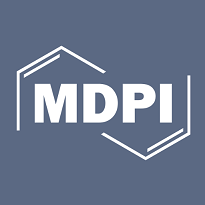Abstract
Due to the increasing amount of electronic waste (e-waste) generated in Nigeria, challenges such as consumer disposal behaviors have emerged. An understanding of consumers’ intentions to participate in formal e-waste collections is key in increasing the level of participation in an e-waste collection scheme. The theory of planned behavior (TPB) creates an applicable platform for identifying the determinants of recycling intention. Based on the TPB, we develop a theoretical framework to study how influencing factors such as attitude, subjective norm, perceived behavioral control and environmental knowledge influence intentions to participate in formal e-waste collections. Additionally, we extend the research framework to examine whether the factors of infrastructure and economic incentive moderate the relationships between the influencing factors and intention. Using an empirical survey conducted in Onitsha with 384 usable questionnaire responses, we observe that attitude, subjective norm, and environmental knowledge directly influence consumers’ intentions. Statistical results also show that only the factor of infrastructure moderates the relationship between two influencing factors (attitude and subjective norm) and intention. The resulting negative coefficients of regression for the interactions indicate that the introduction of infrastructure will result in a weaker influencing ability of attitude and subjective norm on intention. Thus, the implications of this study in motivating consumers’ intentions suggest it would be beneficial for the government to provide functional and adequately managed infrastructure situated close to the community, such that it can be easily accessed by household consumers.








